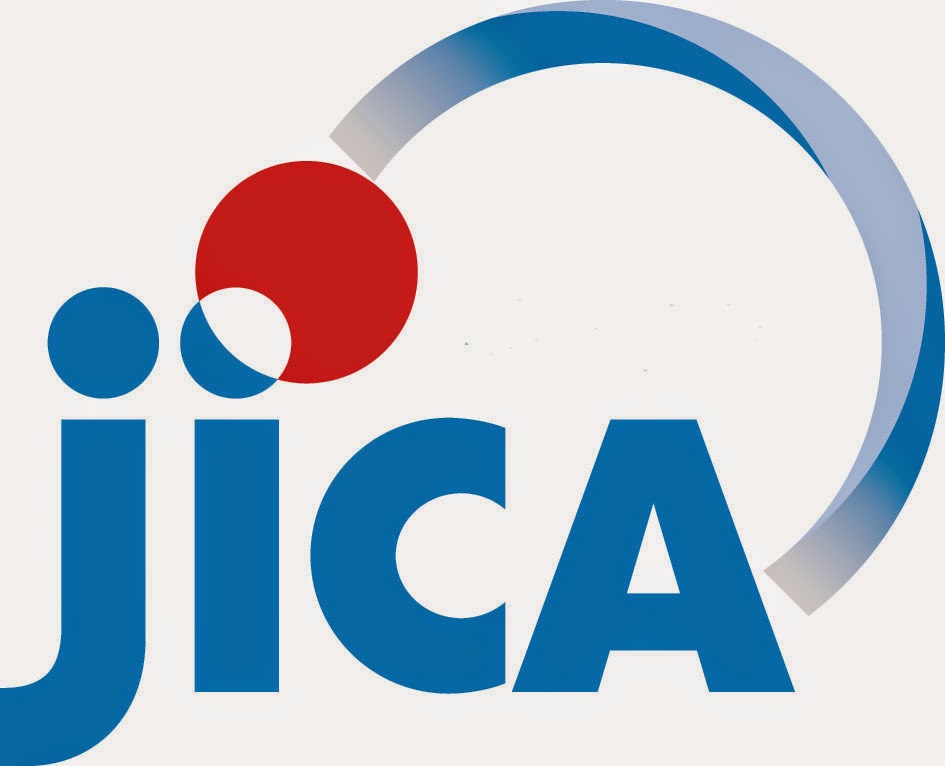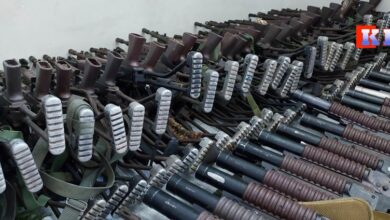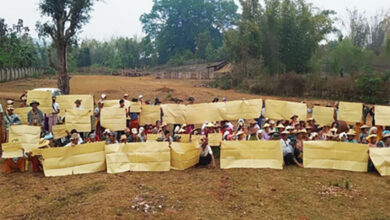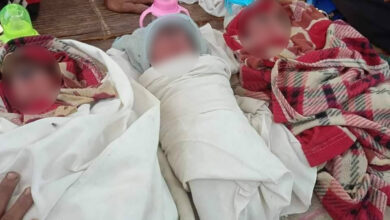Karen Community Organizations Claim Japanese Development Plan in Burma Could ‘Fuel Conflict’, ‘Ignores Local Voices’

More than 30 ethnic Karen community based organizations, including environmental watchdogs and civil society organizations, have criticized a blueprint for economic development in Southeast Burma published by the Japan International Cooperation Agency (JICA), an aid agency that operates under the Japanese government.
The report, published on 9 September, by a coalition of 28 Karen CBOs – calling themselves the Karen Peace Support Network – called for a moratorium on large-scale development projects until there was peace in Burma.
“The KPSN is calling on Japan’s development arm, JICA, to engage with civil society organizations at all levels of project planning, design, and implementation in order to avoid the risk of conflict,” the CBOs said in a statement.
The KPSN said that JICA’s 593-page plan ‘Preparatory Survey for the Integrated Regional Development for Ethnic Minorities in the South-East Myanmar’ was “premature and flawed” and could “exacerbate conflict” in the region.
“It is indeed dangerous to ignore the underlying causes of conflict in the region and to invest money or technical support without consulting communities or paying heed to their concerns,” KPSN warned.
The JICA study recommends large-scale development projects in Karen and Mon States, including roads, industrial estates and rubber plantations. JICA’s plan’s stated aim is to help facilitate the durable return and resettlement of refugees and internally displaced persons (IDPs) by providing opportunities for work, but Karen CBOs said that no consultations had been held with refugees, IDPs or Karen civil society organizations.
A spokesperson from JICA’s Burma office had earlier responded to criticisms leveled at the plan and said that all stakeholders would be consulted. “We are planning to formulate a master plan for integrated regional development in the medium to long term and return and settlement of refugees and IDPs through cooperative efforts by all stakeholders such as Union Government, State Governments, ethnic minority groups and local residents for peace and stability of Kayin and Mon,” the Spokesperson said in an email to Karen News, adding, “Proposals of project ideas, regional development vision and development scenario in initial study are just JICA’s proposals and nothing have decided to be implemented. In the implementation stage of the said project, we will discuss and agree on those proposals with stakeholders States as mentioned above.”
KPSN said that JICA was not consulting local people. “JICA is ignoring the people it is claiming it wants to help and could end up actually hurting them rather than helping them,” said Saw Paul Sein Twa, one of the coordinators of the Karen Peace Support Network. “We are concerned that JICA’s blueprint neither sufficiently recognizes the uncertain political context nor proposes people-centered development alternatives. We hope that JICA will talk to us about our people’s concerns for the sustainable development of our country.”
KPSN concluded that while it welcomed the “right kinds of international aid,” the JICA blueprint was not in this category because it “does not represent the goodwill of the Japanese people and does not serve the best interests of the Karen people.”
KPSN made the following suggestions in its report.
“1. JICA’s engagement with the southeast must be informed by a deep, comprehensive, and independent analysis of the causes of conflict in the region;
2. JICA must make explicit guarantees that the process and implementation of development in the Southeast will at the very least honor international humanitarian development principles;
3. JICA must ensure that a meaningful Strategic Environmental Assessment be conducted, integrating environmental considerations into its policies, plans and programs;
4. JICA must reform its consultation process to be consistent with its own stated principles of seeking consensus, by engaging the full partnership of civil society organizations in all levels of project planning, design, and implementation;
5. JICA should work together with KPSN on the creation of a representative team to lead the consultation, planning and implementation processes;
6. JICA should develop a system of full information disclosure of all JICA studies, agreements and recommendations;
7. JICA must explicitly ensure that any development projects connected with its blueprint establish meaningful partnerships with local civil society organizations in order to strengthen local capacity and ensure sustainability;
8. JICA should engage with Karen civil society organizations, including KPSN, women, refugees and internally displaced persons to explore practical options for pilot projects.”




